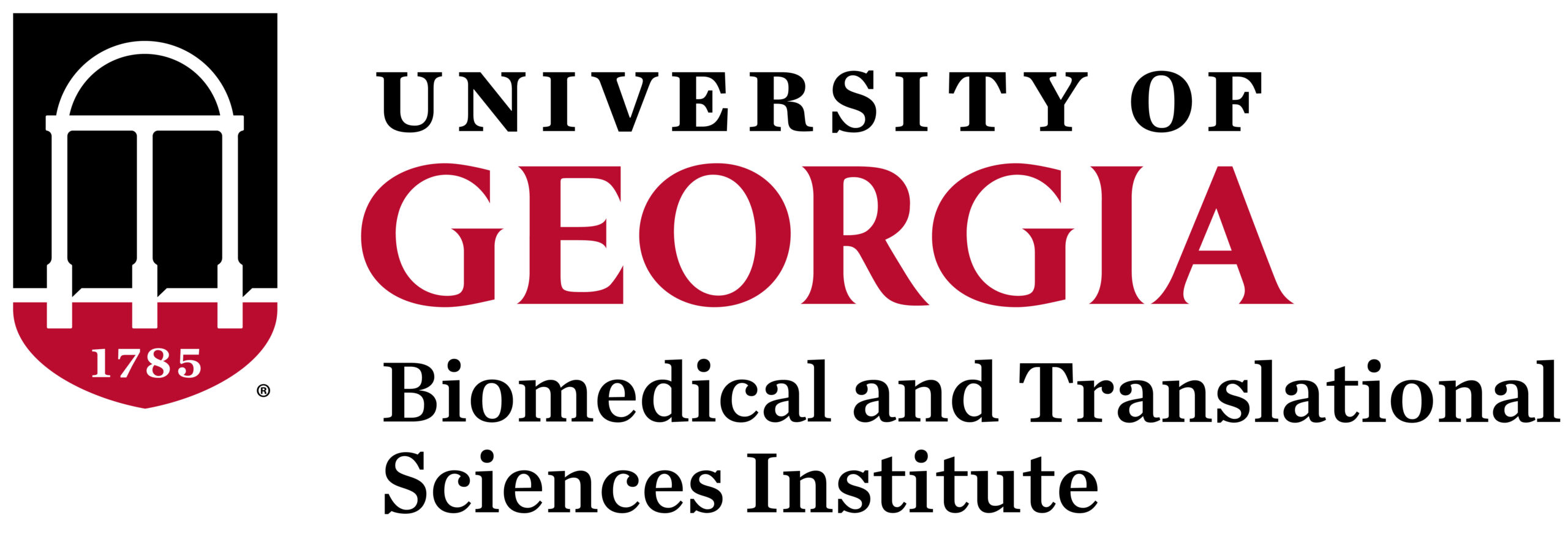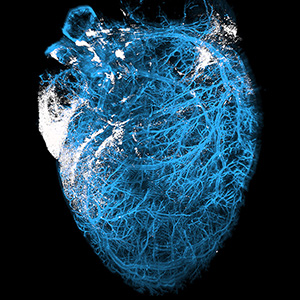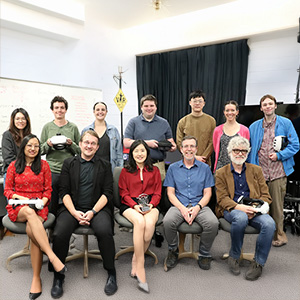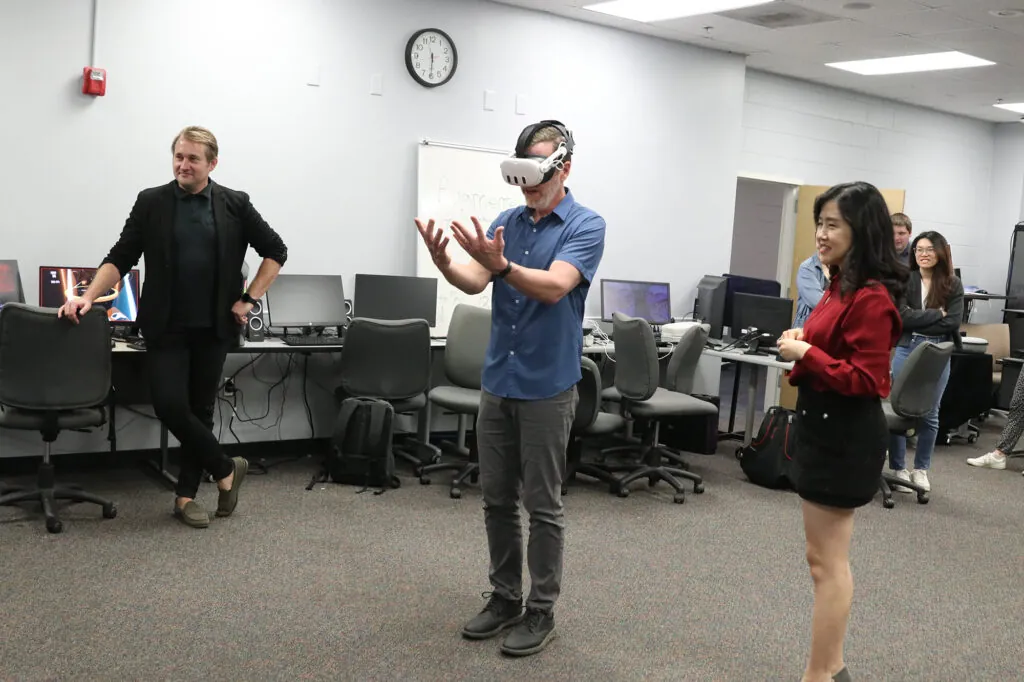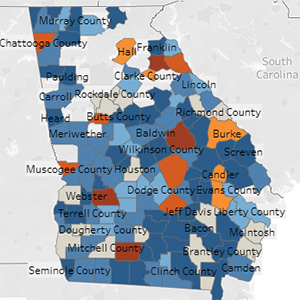Scientists use ‘One Health’ model to fight Chagas disease
Supported by almost $4 million in new funding, researchers at the University of Georgia and Texas A&M are using improved detection and treatment methods to understand Chagas disease, a serious, often overlooked illness affecting both dogs and humans.
A team of researchers at the University of Georgia and Texas A&M University has received more than $4 million from federal and nongovernmental organizations to support research on Chagas disease.
The research will consist of multiple projects focused on the disease’s prevalence, diagnostics to detect the parasite that causes the disease, and treatment protocols to prevent infection and disease in dogs. The ultimate goal is to use the findings to help people as well.
Funded by a $3 million grant from the National Institutes of Health, UGA’s Rick Tarleton will co-lead a project focused on strategies to detect, treat and monitor treatment outcomes in dogs in Texas. The goal is to establish the best practices that prevent the development of cardiac disease, one severe potential side effect of Chagas disease, and to establish resistance to possible future infection.
The researchers will work with dogs that were naturally infected with Chagas disease. Because the disease presents similarly in dogs as in humans, dogs are a good model for examining the effectiveness of the treatment.

Rick Tarleton
“There are a number of important questions related to treatment efficacy and the protection that cured subjects have from future infection that cannot be easily addressed in humans but can be in these dog populations that are under intense transmission pressure in Texas,” said Tarleton, Regents Professor in UGA’s Franklin College of Arts and Sciences.
A growing threat to dog, human health
Tens of millions of people across the Americas have Chagas disease.
Chagas disease is a largely neglected disease. The parasite that causes it, Trypanosoma cruzi, is spread by blood-sucking insects known as kissing bugs, which can be found throughout North, Central and South America.
The disease, which commonly develops in humans and dogs, as well as many other mammals, often goes unnoticed in early stages. But a chronic infection can lead to serious heart and digestive system problems, making early diagnosis and prompt treatment important.
Although most human cases of Chagas disease are reported from South and Central America and Mexico, the parasite and its insect vector are found in abundance in the southern United States. Outdoor pets — particularly working dogs — face especially high risks of infection.
“These areas we are working in have 20% to 30% rates of new infections per year,” Tarleton said. “Those tend to be severe infections where the dogs either die or develop a disease that makes them unable to work.”
Kissing bugs can carry the parasite that causes Chagas disease, and they’re particularly abundant in Texas and the southern U.S. (Getty Images)
Texas has become a hotspot of kissing bugs.
“Unfortunately, Texas has emerged as a hotspot of infected kissing bugs, infected wildlife and infected dogs across the landscape,” said Dr. Sarah Hamer, a professor in the Texas A&M College of Veterinary Medicine and a primary investigator on the projects.
“These projects will advance Chagas disease research to understand the process of natural infections, disease and effect of treatments,” Hamer said. “These projects combine many aspects of biomedical research. We’re conducting field and laboratory research, treating dogs, measuring clinical outcomes and studying ecological factors. It’s truly a ‘One Health’ approach.”
A One Health approach to Chagas disease research
Diagnosing Chagas is complicated — in both people and canines. False negatives aren’t unheard of, leading people to not know they or their pets are infected. And that delays treatment.
Even when the disease is diagnosed promptly, treating the condition can be challenging.
The go-to medications used to treat Chagas, as currently applied, are not reliably effective. But they’re currently the only treatment option. Tarleton’s previous work in mice and other species show that their effectiveness can be improved by altering the dosing regimen.
To address these issues, the researchers will track infected canines using a combination approach with sensitive tests to detect both the parasite DNA and the body’s response to infection. The team will simultaneously test a revised dosing strategy for the current antiparasitic treatment, providing fewer but high-level doses and extending the administration period to improve effectiveness.
Recording health information from such a large population of dogs will hopefully help us understand why the disease develops in different ways.” —Dr. Sarah Hamer, Texas A&M
“The drug we’re using is an existing treatment for Chagas disease in humans,” said Dr. Ashley Saunders, a professor in the Texas A&M College of Veterinary Medicine and a primary investigator on the projects. “But Dr. Tarleton has shown that the parasites aren’t susceptible to this drug when they’re dormant. By changing the drug delivery protocol to dosing over a longer period of time, when the dormant parasites become active again, they are killed by the drug.”
In a related study funded by the United States Department of Homeland Security, the researchers will also monitor DHS-owned working dogs that are often trained in areas where Chagas disease is prevalent. The goal is to understand how the dogs are exposed to the disease as well as the impacts it can have on the canines’ heart health, as well as to develop monitoring and treatment strategies for these working dogs.
“One of the reasons that monitoring dogs is so helpful is because Chagas disease can produce so many different subsets of health problems,” Saunders said. “Some dogs end up with a heart abnormality, but a large number continue living and working happily for many years. Others will die quite suddenly, before anyone knew they had the disease.”
“Recording health information from such a large population of dogs will hopefully help us understand why the disease develops in different ways,” Hamer said.
Advancing canine Chagas disease management
With continued support from the American Kennel Club Canine Health Foundation, the team will treat and monitor individual pet dogs brought to Texas A&M’s Small Animal Teaching Hospital while developing a staging system for Chagas disease in dogs.
“The staging system we develop will help us to categorize the severity of disease, making it easier to determine which dogs will benefit most from drug treatment,” Saunders said. “This scoring system will work hand-in-hand with our improved diagnostic and treatment plan.”
